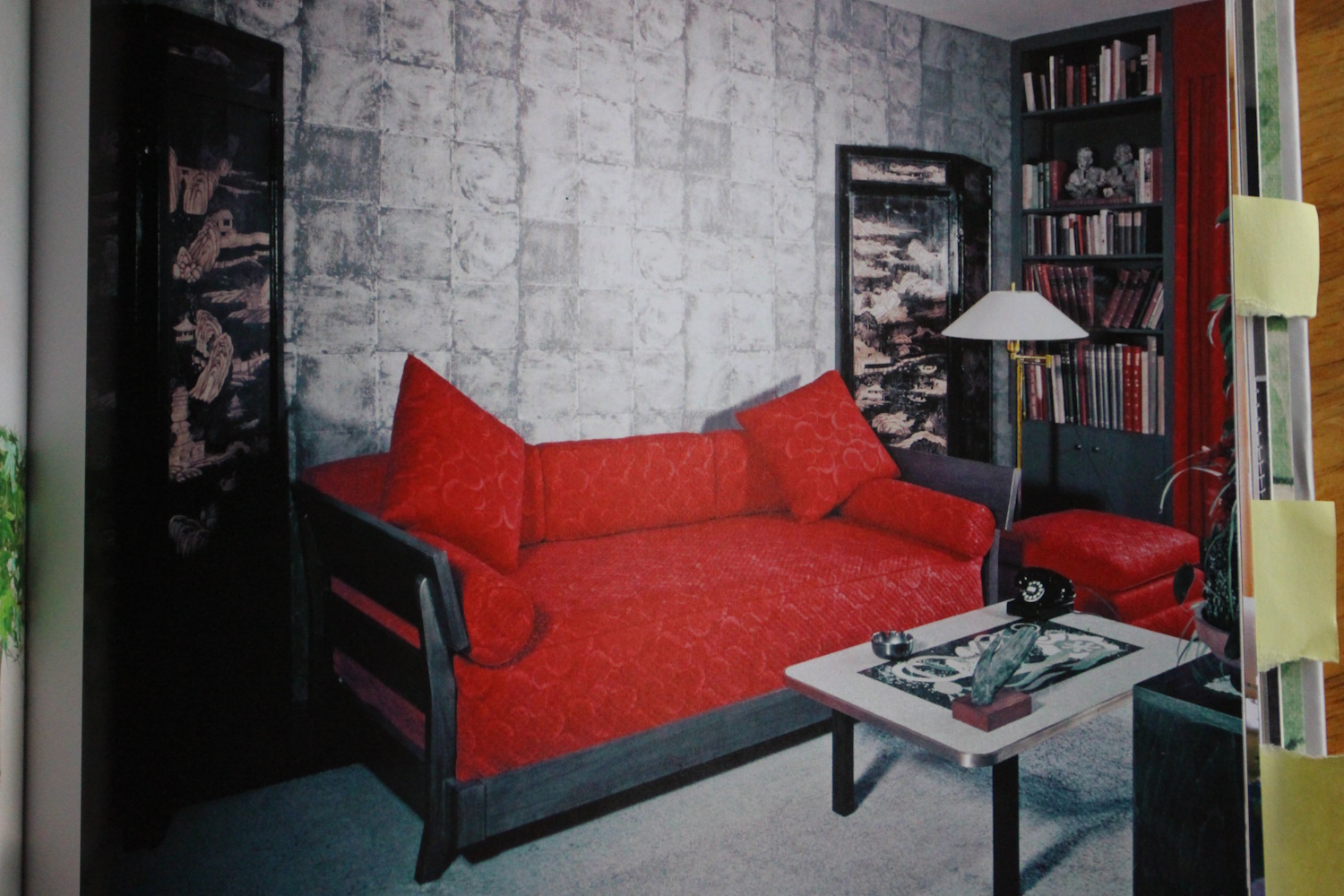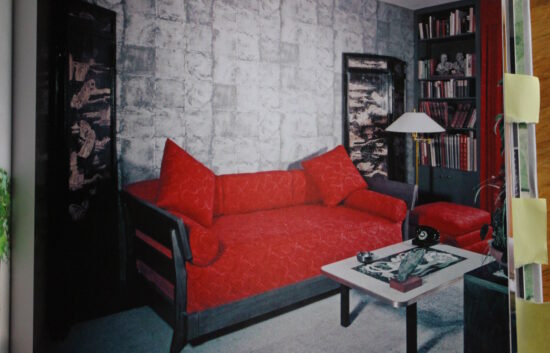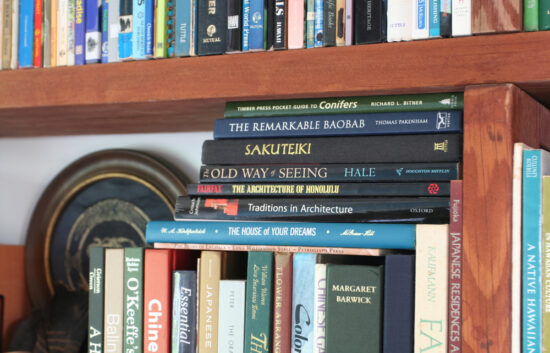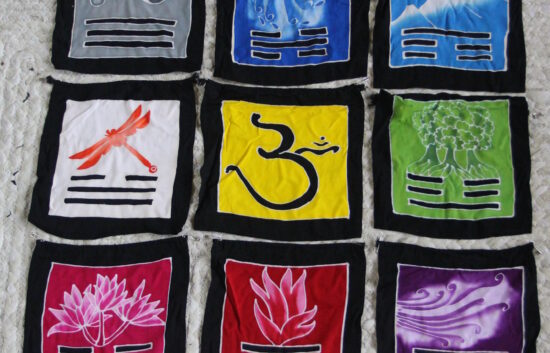Feng Shui and the Power of Words
Words, whether read or spoken, have an enormous effect upon our energy. Words will always have their place, but space without words is more quiet and restful. Written words in the visual background are most appropriate in retail environments, and to a much lesser degree in some office situations. Home is different. Peace and freedom from distraction are not too much to ask of the space that you think of as home.
From that perspective, some of the most damaging (to our peace of mind) written words, whether deliberate or by chance, are the names of companies and brands. Those should be avoided within a home or as clothing decoration—no visible brand names. Avoid buying sinks or toilets that show a brand name that you cannot remove. Stoves and refrigerators almost always have a visible brand that’s unavoidable unless you can afford to have them concealed in custom-built cabinetry.
What about written affirmations of peace or love, etc? The word “love” as a wall decoration does not make you a more loving person—if only it were that easy. To be more loving requires an act of your will. A space with the written word “peace” is never as visually quiet as the space with no written words.
If you have a strong desire to use words as décor, rather than using pre-printed decals or posters, select your words with thought and care, and use stencils and paint or stick-on letters and create the words yourself. Crafting the words and applying them yourself—that’s very authentic and powerful. It’s like a tattoo, but quite erasable if necessary. In my book, Feng Shui for Love & Money, I describe one of the most wonderful rooms I’ve ever been in:
A couple had painted the back wall of the bedroom a very sophisticated red, a very deep red. This was ultra-saturation, and there was a frieze along the top foot of the high wall. They had taken lines from an Antonio Machado poem and stenciled them in large letters so that you read it by turning fully around in the room. The words were something like, “I dreamed there were bees, and they were taking all the foibles and troubles of my life and making honey and honeycomb.”
Audible words can also disturb our energy. Never use television or radio as background sound, not even in retail—which is the only environment where background sound is recommended. In retail, the background sound should be instrumental music or vocal music in a language that is not the first language of most of your customers—the idea is that you want to mask conversations but not distract customers from the merchandise. Remember, in feng shui, attention is energy, and sound draws attention. Background sound is almost never called for in office situations. At home, the occasional commercial or announcement is too jarring, so don’t keep the TV or radio on just for background noise. If you need to mask unpleasant sounds, use recorded birdsongs or music that you have chosen. If there is no need to mask sounds, remember this: Silence is your friend—it’s your opportunity to hear inner guidance—more is better.
Finally, on a very personal level, every time you speak to someone, your words have impact on their energy—sometimes positive, sometimes negative, and occasionally neutral. We leave impressions behind. When someone says, “Thank you,” your response should be, “You’re welcome,” or “My pleasure,” or some such acknowledgement. The problem with “No problem” as a response is that it starts with a negative word and it connotes laziness. It indicates that assistance would not have been given if it had inconvenienced the person. This kind of care in language is vital in retail, but also helpful in anyone’s everyday life. And to put the most positive spin possible on your words, look the person in the eyes when speaking to them. Just like when you create word art yourself, this emphasizes your intent and enhances the power of the words.
Leave a Comment Cancel Comment
Related Posts
Feng Shui, Real Books & Frances Elkins
Feng Shui & Fake Books
Feng Shui & Prayer Flags
Recent Posts
Three Famous Gay Men from Huntsville, Alabama

My Youtube Feng Shui Channel






